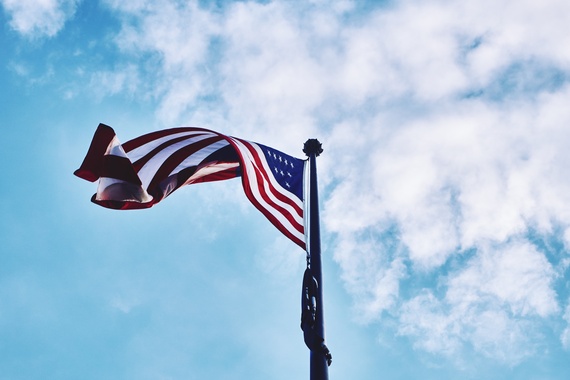We Have Work to Do

The election, which many of us longed to see an end to, ended in a way that many of us did not foresee. Although it has been made clear that there are fissures within our society, the results last week brought into sharp relief how deeply those fissures run.
The election highlighted several things – among them, the frustrations of working families in rural areas. Families who work hard but simply can’t earn enough to make ends meet, let alone save for the future. Families whose dreams for their children stagnate.
We know that families in urban areas share the same challenges of making ends meet, of paying off debts, of striving to get ahead and earn enough to save and share with loved ones.
Voters across the political spectrum rallied, donated, and pulled the lever for better lives for themselves and their communities. We can unite around this: Maryland consumers demand economic change.
At MCRC, we’ve met with and fought for individuals and families who’ve lost their retirement savings trying to keep their home out of tax-lien foreclosure; talked to veterans who, after serving their country, spent their GI Bill money on a for-profit school that left them with enormous debt, but without the skills to get a good job; provided older adults throughout the state resources and support to help them age in their communities with dignity.
MCRC recognizes that many predatory products and services are fueled by structural racism. For example, African Americans make up 62% of the student body at for-profit schools. We know that communities of color were targeted for high-cost, unsustainable home mortgages, and that auto insurance companies profit by charging those living in predominately African-American zip codes more than those living in predominately Caucasian zip codes.
MCRC believes in economic justice for all. This means we will work alongside our colleagues to dismantle policies that are structurally racist, as well as those that may disproportionately affect someone because of their ethnicity, religion, ability, sex, age, or geography. At the same time, we will fight for an economy that works for everyone – in urban and rural parts of the state. For those who agree with us, and for those who don’t.
This means creating policies like affordable auto insurance, protections for students who borrow money for college, tax credits for struggling homeowners and renters, resources for older adults, and ensuring that banks are making loans and grants in all of our communities.
But we also know that we face some real challenges. At the Federal level, there are already reports that Congress and the president-elect will try to dismantle the Dodd-Frank Act and weaken the Consumer Financial Protection Bureau (CFPB). The CFPB’s proposed rule on predatory payday loans may fall by the wayside, and payday lenders may be emboldened to attempt to circumvent Maryland’s usury rate cap and offer these 300% loans to our citizens.
We know that recent advances made by the Department of Education to regulate and enforce for-profit schools, as well as the Department itself, may be eradicated. And the work to affirmatively further fair housing may also be in jeopardy.
However, at the state level, there is hope. What does this mean? It means that any gains for economic justice, for consumer protections will have to take place in Maryland. It means we will need everyone reading this – as well as all of your friends, colleagues, acquaintances, and fellow congregants – to join with us.
To protect and build on economic justice in Maryland, we all have work to do.
In 2017, MCRC will work to build broader, stronger, more inclusive coalitions throughout Maryland. We will focus on economic justice issues that benefit urban and rural consumers. We will be a voice for those left out of policy conversations and will work to make the table bigger so that emerging leaders across our state can represent themselves. We will continue our cutting-edge research to point out the disparate impact of for-profit schools, auto insurance, housing policies on communities of color. We will train communities how to advocate for themselves at the federal and state level. We will work to ensure Maryland banks are providing real community support to communities in need. We will fight to preserve consumer protection at the national level and work to build on and advance consumer protections at the state level.
We will be a bold and clear voice for economic justice for all.
